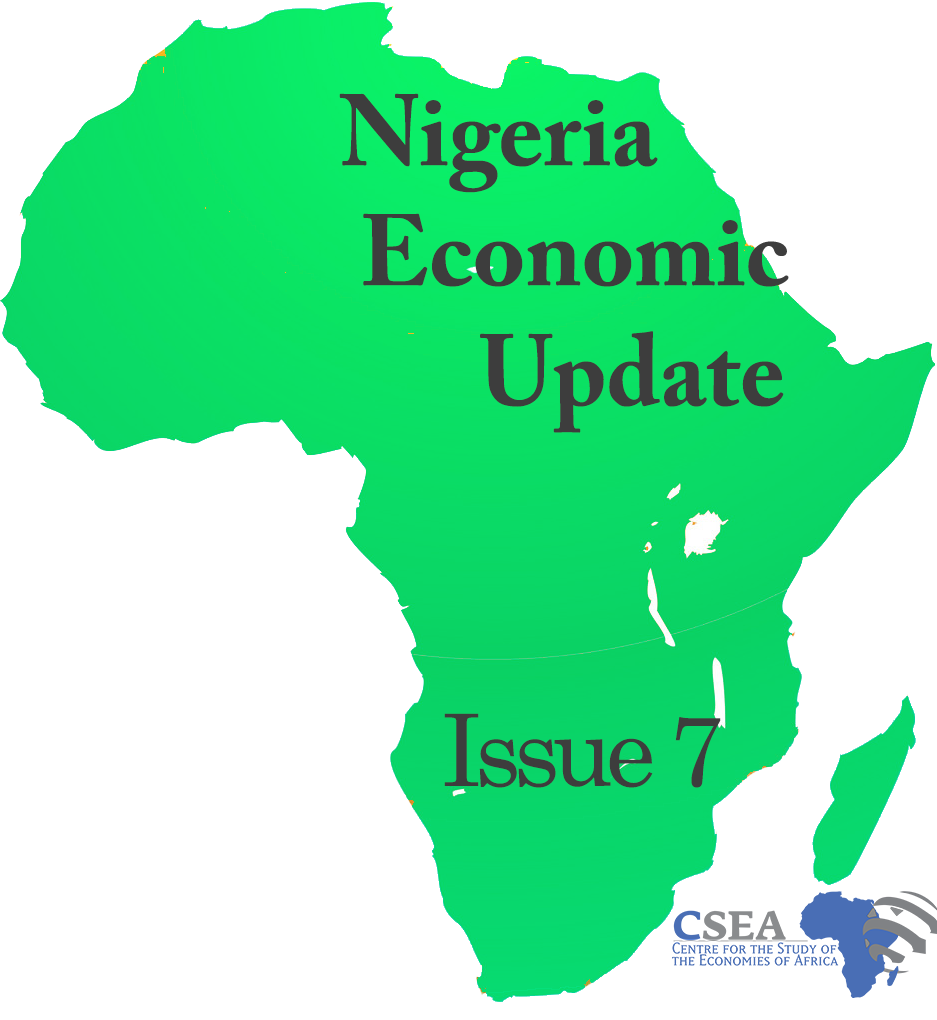
The total stock of money in circulation declined at the end of January, falling by 7.9% month-on month from N2.4 trillion in December1. Although the current stock of currency in circulation is 5% higher than the corresponding year, the decline in currency-in-circulation stands to reduce the current levels of inflation2. This potential impact is in line with the expected outcome of the newly increased Cash Reserve Ratio (CRR) from 22.5% to 27.5% which aims to address monetary-driven inflation. The reduction in currency in circulation amid the increase in CRR, which in itself may constrain banks’ ability to create money through lending, may further increase interest rate and cost of doing business. However, the Central Bank of Nigeria’s stance on increasing the loan to deposit ratio from 60% to 65%, which hitherto has recorded some successes in increasing credit to private sector, may continue to further push market interest rates downwards or at least tame the negative impact of increased CRR.
